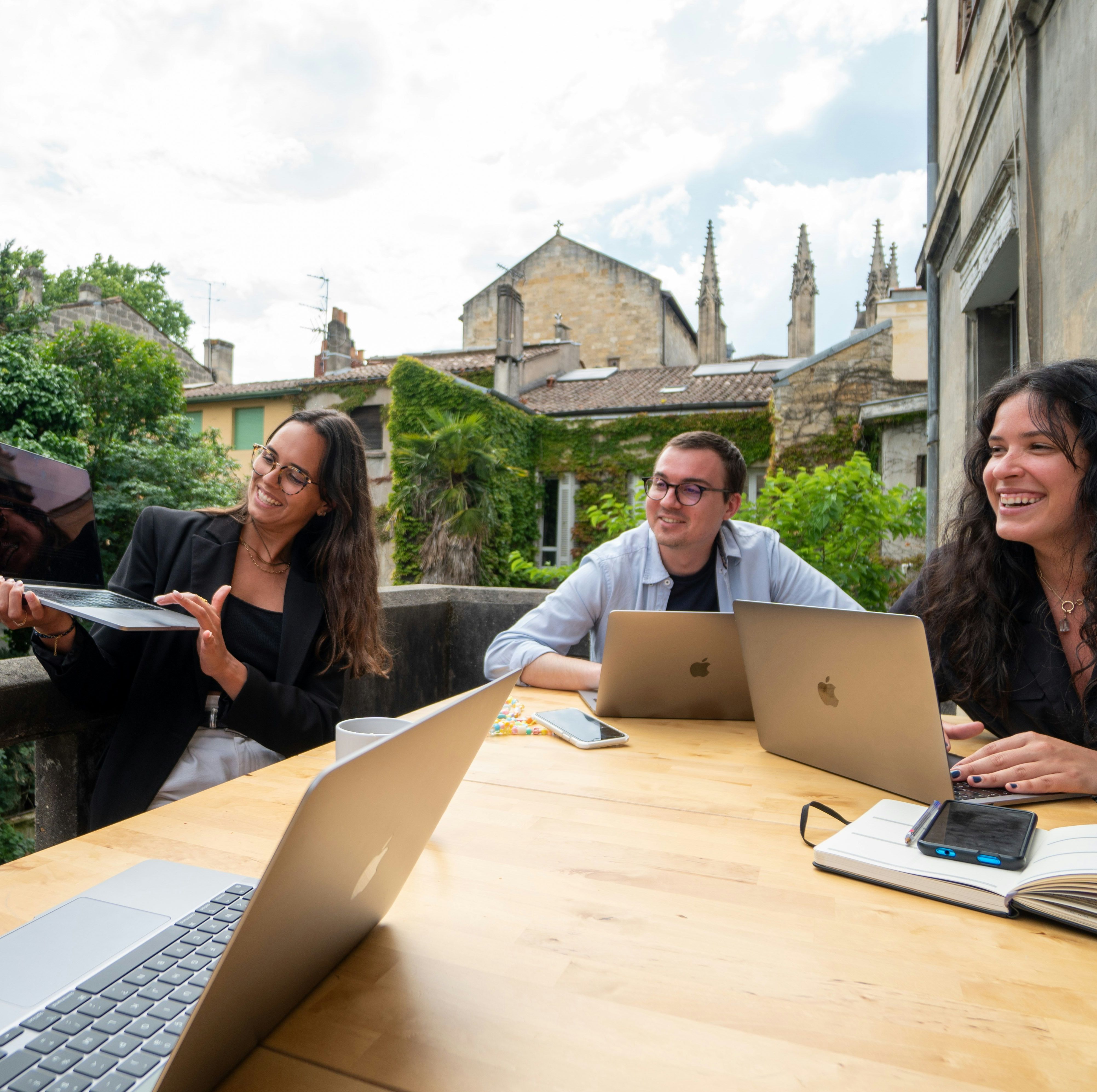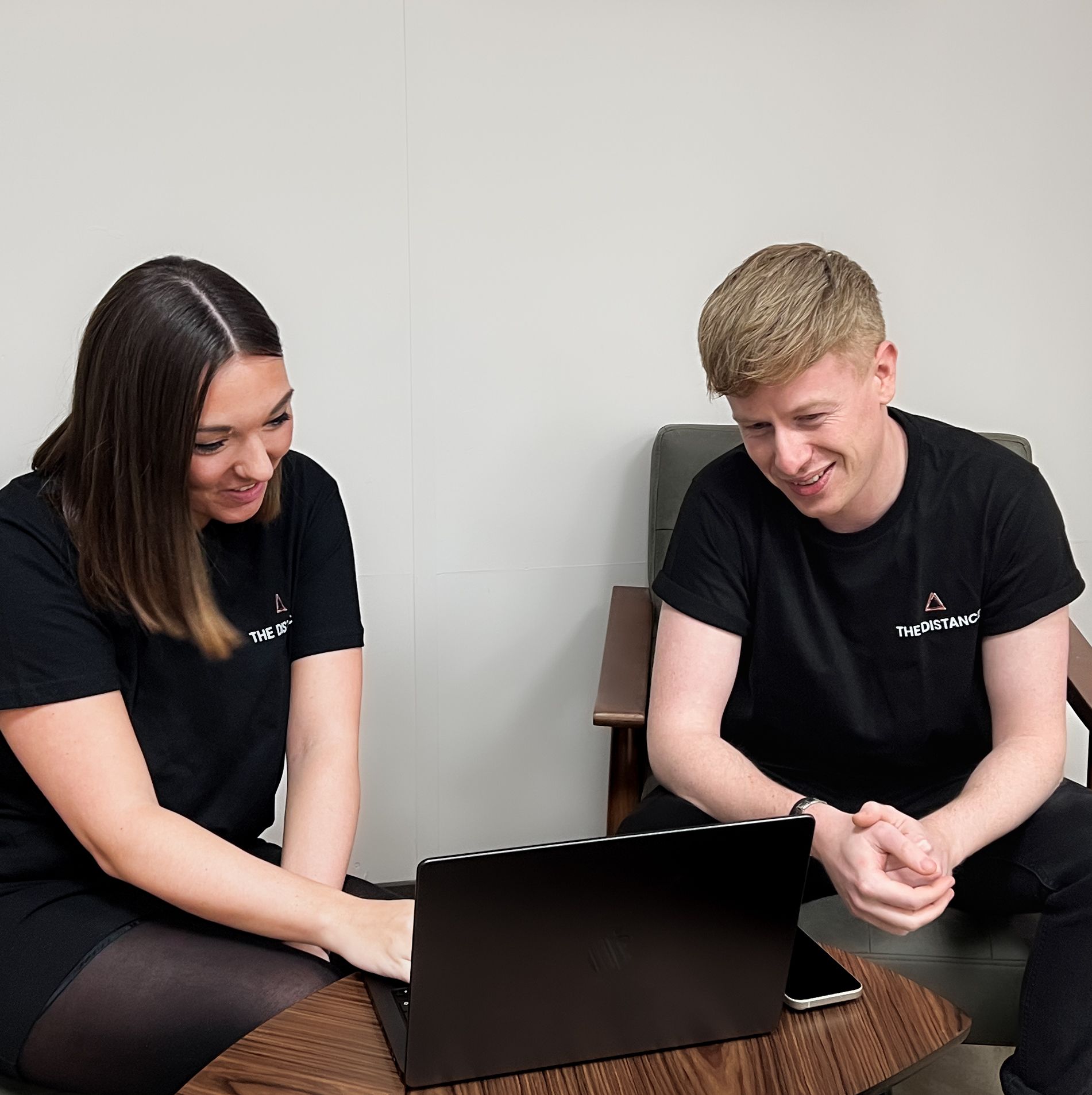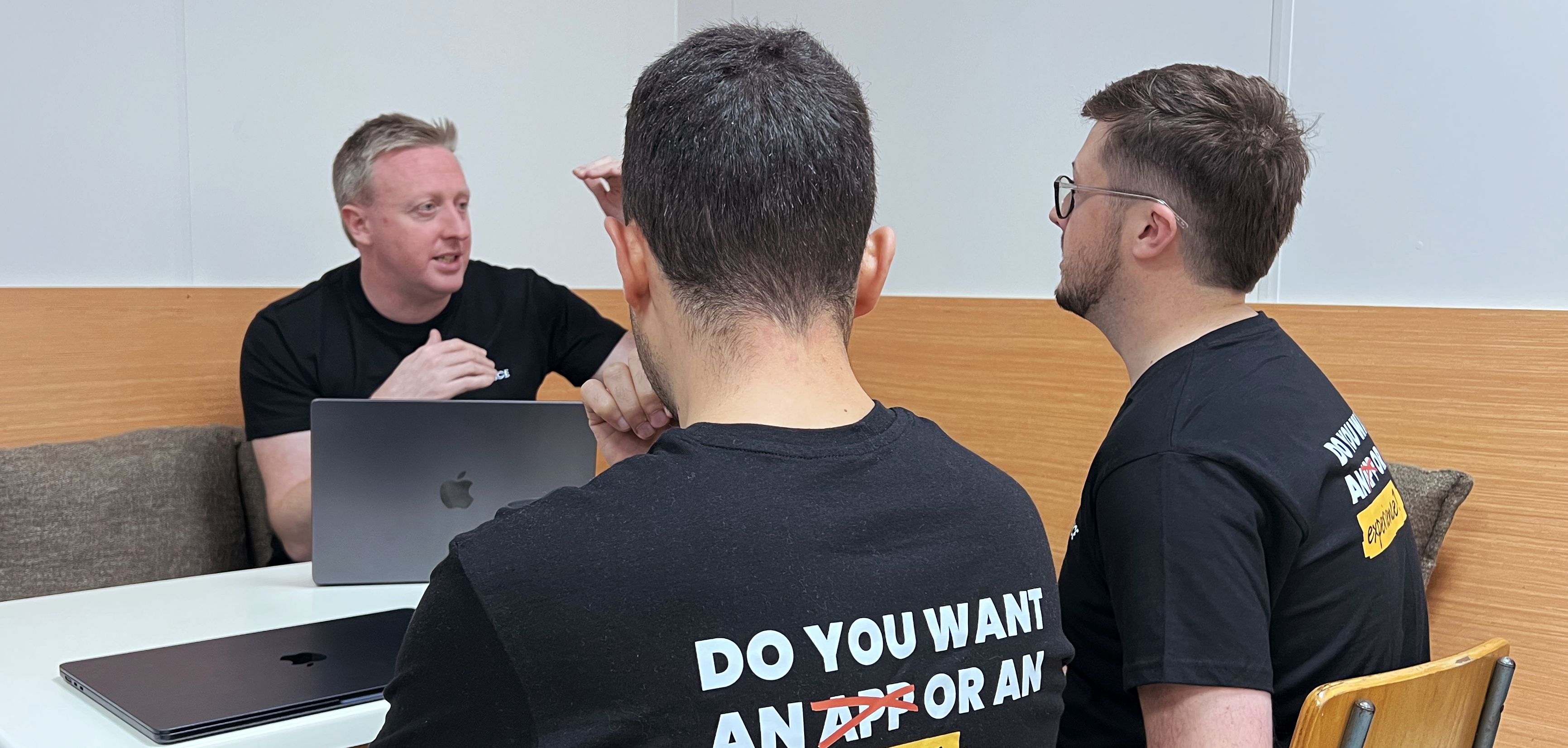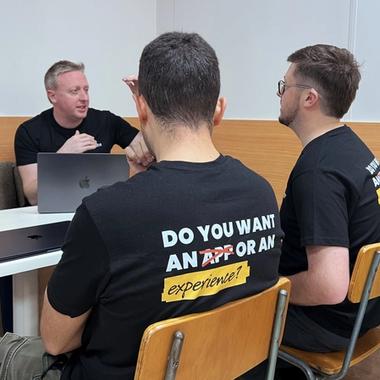You’ve decided to work with an external team to build your next app. Maybe you’re searching for mobile app developers or looking for a specialist in application development. You’re likely aware of the cost, the timeline, and the tech, but one thing often overlooked is the relationship you establish with your agency or partner. Because in reality, even the best app built with the slickest UI, cleanest code and cleverest backend will still run into problems if the partnership isn’t solid.
Here at The Distance, we believe that as much as we bring development expertise, what really defines successful outcomes is how we work with you: the trust, transparency, shared goals and continuous feedback loop. This blog walks through honest, experience-based insights into what makes that partner-agency relationship work, and how you can spot, nurture and optimise it.






